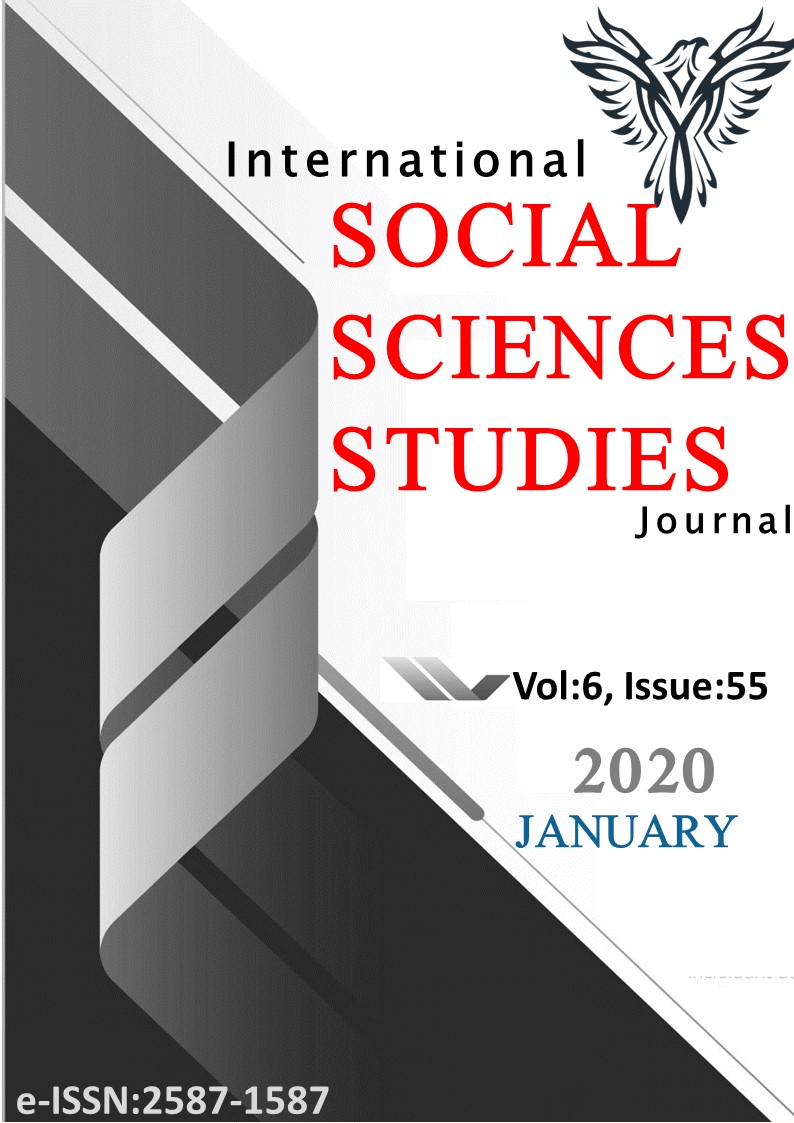Author :
Abstract
Lokman, Türk İslâm literâtüründe hekim ve filozof olarak bilinen bilge bir kişiliktir. Kur’ân’ın 31. sûresi Lokman adını taşır. Bu surede kendisine hikmet verildiği bununla Allah’a şükretmesi O’na nankörlük etmemesi istenir. Hamd ve şükrün insanın kalp, akıl, şuur, karakter ve organların ölçülü ve dengeli bir halde yaşamasında önemli işlevi vardır. Büyük Türk âlimi Ebu Mansur el-Mâtürîdî (ö.333/944)’ye göre Lokman’a verilen hikmet; ilim, akıl, üstün kavrama yeteneği, adâletli, isabetli söz ve davranış, ilim-amel uygunluğu, din konusunda derin bilgidir. Bu surenin 13 ila 19. âyetlerinde onun evladına yaptığı psiko sosyal hikmetli öğütleri veciz bir şekilde sıralanır. Allah’a şirk koşmak büyük bir zulümdür. İnsanın yaptığı her işi Allah bilir. Göklerin ve yerin derinliklerinde bile olsa Allah iyi işin mükafatını kötü işin de cezasını mutlaka verir. Salâtı yerine getirmek, dünyada iyilik ve güzelliğin hâkim kötülüğün de mahkum olması için uğraşmak ve bu uğurda karşılaşabilecek sıkıntı ve zorluklara da sabretmek. Bütün bunlar azim ve kararlılık göstermeye ve bedel ödemeye değer işlerdir. Sosyal hayatta insanlara karşı böbürlenmemek, kibirlenmemek, insanları küçümsememek, alçak gönüllü olmak, yürürken ve konuşurken ölçülü olmak, bağırmadan ve güzel bir şekilde konuşmak gerekir. Allah kibirli, kendini beğenip övünen kullarını sevmez. Lokman’ın evladına yaptığı öğütleri fert ve toplum hayatı için yaşamsal psiko sosyal hikmetli davranışlardandır. Kur’ân âyetlerinde iki defa Lokman adının zikredilmesi ve evladına yaptığı hikmetli öğütlerinin olmasından dolayı onun peygamber olup olmadığı da tartışılmıştır. İslâm âlimlerin çoğunluğuna göre o peygamber değil Üzeyir ve Zülkarneyn gibi veli bir kul, imân ve tevhid içerikli söylemleri, evladına yaptığı psiko sosyal hikmetli öğütleri ile insanlığa sunulan prototip bir şahsiyettir.
Keywords
Abstract
Lokman is a wise personality known as a physician and philosopher in Turkish Islamic literature. The holy Qor’an 31. the Surah bears the name Lokman. In this Surah, he is asked to give thanks to Allah and not to be ungrateful to him. Praise and gratitude have an important function in living in a measured and balanced state of the human heart, mind, consciousness, character and organs. According to the Great Turkish scholar Abu Mansur al-Maturidi (d.333/944), the wisdom given to Lokman is knowledge, intelligence, superior comprehension, just, accurate speech and behavior, conformity of Science and deeds, and deep knowledge of religious matters. In his verses 13 to 19 of this Surah, his psycho-social wisdom exhortations to his child are listed in a terse way. It is a great injustice to ascribe partners to Allah. God knows what a man does. Even in the depths of the heavens and the earth, Allah will reward the good deeds and the bad deeds. To performing the Salat. To strive for good and beauty to prevail in the world and evil to be condemned. To be patient with the difficulties and difficulties that may be encountered in this cause. All these are jobs worth showing perseverance and determination and paying the price. In social life, it is necessary not to brag about people, not to be arrogant, not to belittle people, to be humble, to be measured when walking and talking, to speak without shouting and in a nice way. God does not love his proud servants. Lokman's advice to his child is a vital psycho social wise behavior for individual and community life. It is also discussed whether he is a prophet because of the fact that the name of Lokman is mentioned twice in the verses of the holy Qur’an and because of his wise advice to his son. According to the majority of Islamic scholars, he is not a prophet, but a guardian servant like Uzeyir and Dhulqarnayn, a prototypes person who is presented to humanity with his discourses of faith and tawhid content, his psycho-social wisdom advice to his child.





